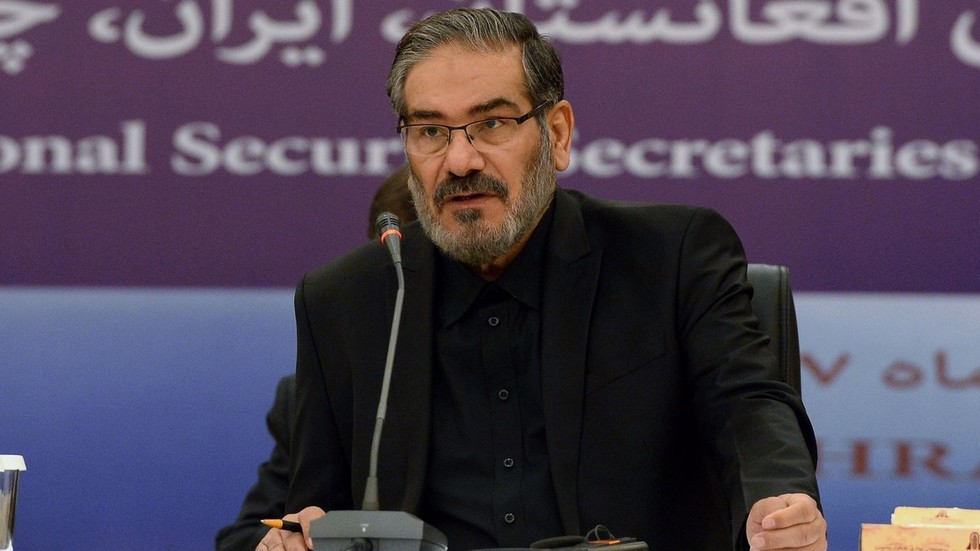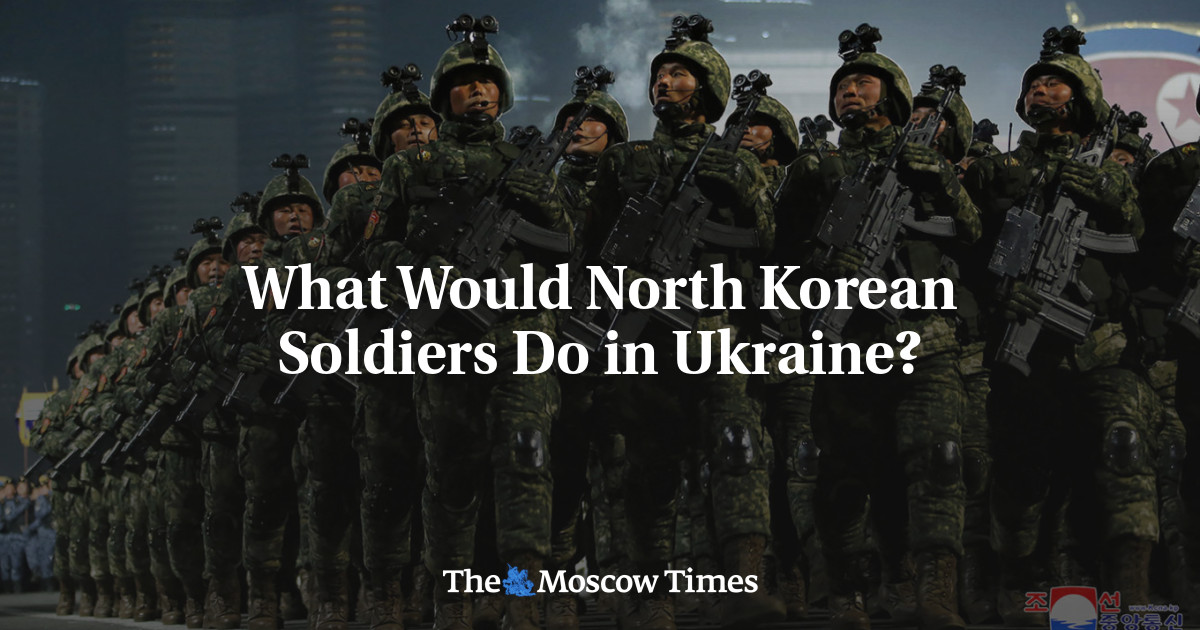 After the success Donald Trump enjoyed negotiating the Abraham Accords towards the end of his first term in office, which saw a number of leading Arab states normalise relations with Israel, it is widely expected that his new administration will want to pursue a similar policy of ending hostilities in the Middle East. Pictured from left to right: Bahrain Foreign Minister Abdullatif al-Zayani, Israeli Prime Minister Benjamin Netanyahu, US President Donald Trump, and UAE Foreign Minister Abdullah bin Zayed Al-Nahyan participate in the signing of the Abraham Accords in Washington, DC on September 15, 2020. (Photo by Saul Loeb/AFP via Getty Images)
After the success Donald Trump enjoyed negotiating the Abraham Accords towards the end of his first term in office, which saw a number of leading Arab states normalise relations with Israel, it is widely expected that his new administration will want to pursue a similar policy of ending hostilities in the Middle East. Pictured from left to right: Bahrain Foreign Minister Abdullatif al-Zayani, Israeli Prime Minister Benjamin Netanyahu, US President Donald Trump, and UAE Foreign Minister Abdullah bin Zayed Al-Nahyan participate in the signing of the Abraham Accords in Washington, DC on September 15, 2020. (Photo by Saul Loeb/AFP via Getty Images)
Now that Donald Trump has secured his remarkable victory in the US presidential election, supporting regime change in Iran could soon emerge as one of his new administration's top priorities after he takes office in January.
Trump's no-nonsense approach to confronting the ayatollahs' malign influence in the region was one of the defining characteristics during his first term in the White House.
One of his more laudable foreign policy initiatives was to withdraw from the flawed nuclear deal with Iran agreed by former President Barack Obama in 2015.
Denouncing the agreement as being "defective at its core", Trump declared in 2018 that his administration was unilaterally withdrawing from the deal while at the same time imposing a policy of "maximum pressure" against Tehran.
Trump also demonstrated during his first term that he was not afraid of a direct confrontation with Tehran. His decision to authorise the assassination of Qasem Soleimani, the master terrorist who headed the elite Quds Force of Iran's Islamic Revolutionary Guard Corps, in a drone strike in January 2020 dealt a devastating blow to Tehran's terrorist infrastructure.
It was largely as a result of the first Trump administration's uncompromising approach to Iran that Tehran was forced to scale down its terrorist activities in the region, which were mainly confined to supporting Houthi rebels in the Yemeni conflict.
It was only after Joe Biden replaced Trump in the White House in 2021 that Tehran revived its terrorist network, a development that was greatly facilitated by Biden's policy of appeasement towards Tehran, which saw the ayatollahs gifted billions of dollars in a misguided attempt by the Biden administration to revive Obama's nuclear deal.
Far from persuading Tehran to curb its nuclear activities, which Western intelligence officials believe is ultimately aimed at producing nuclear weapons -- one does not need uranium enriched to 83.7% for peaceful nuclear energy -- Iran responded to Biden's largesse by intensifying its nuclear enrichment activities, while at the same strengthening its network of terrorist organisations in the region, including Hamas in Gaza and Hezbollah in Lebanon.
The October 7, 2023 attacks carried out against Israel by Iranian-backed Hamas terrorists, which resulted in the murder of 1,200 Israelis with another 250 taken hostage, was the direct result of Tehran's ability to fund the terrorist movement to the tune of $100 million a year, an operation that would not have been possible without Biden's lenient attitude towards the ayatollahs.
Today, thanks to the Israeli military's devastating offensive against both Hamas in Gaza, as well as Iranian-backed terrorists in Lebanon, Iran's terrorist infrastructure is on the point of collapse, raising questions about whether the Iranian regime itself can survive the current crisis.
While the first indications from the incoming Trump administration are that the president-elect does not view regime change in Tehran as one of his primary objectives, the existential threat facing both Iran and its proxies as a result of Israel's relentless military assault could make the removal of Tehran's reviled Islamist tyranny a distinct possibility once Trump has been installed as America's 47th president.
In Gaza, Hamas's terrorist infrastructure lies in ruins following Israel's year-long offensive against the architects of the October 7 attacks, while in Lebanon, Hezbollah is facing a similar fate after Israel launched its massive military offensive against the Iranian-backed terror group.
In one of his first major statements since being appointed Israel's new defence minister, Israel Katz, said his country had defeated Hezbollah, and that eliminating its leader Hassan Nasrallah had been the crowning achievement. "Now it is our job to continue to put pressure in order to bring about the fruits of that victory," Katz said.
Iran's inability to protect its key terrorist allies in Gaza and Lebanon, moreover, reflects Tehran's own fundamental weakness, which was graphically laid bare when Israeli warplanes launched their massive air assault against the Islamic Republic last month, which succeeded in destroying a number of key Iranian military installations.
A clear sign that Israel's relentless assault on Iran and its terrorist infrastructure is taking a heavy toll on the ayatollahs is evident from recent reports of a deep split developing in Tehran between Supreme Leader Ayatollah Ali Khamenei's hardline supporters and the more moderate approach of the country's recently elected president, Masoud Pezeshkian.
The Iranian regime's desperate attempts to survive the series of disasters it has suffered on the battlefield can also be seen in the ayatollahs' efforts to repair relations with Saudi Arabia, its long-standing regional rival.
After the success Trump enjoyed negotiating the Abraham Accords towards the end of his first term in office, which saw a number of leading Arab states normalise relations with Israel, it is widely expected that his new administration will want to pursue a similar policy of ending hostilities in the Middle East.
Even though Trump supporters have so far indicated that the President-elect is not seeking regime change in Tehran, the inherent weakness evident within the Iranian regime suggests that such an outcome could be easily achievable once Trump is back in the White House.
Brian Hook, Donald Trump's special envoy for Iran during his first term in office, claims, his former boss has "no interest in regime change" in Tehran, but is instead focused on isolating and weakening the Islamic Republic, and that the administration's "deal of the century" peace plan for Israel's conflict with the Palestinians will likely be back on the table once Trump returns to the White House in January.
"President Trump understands that the chief driver of instability in today's Middle East is the Iranian regime," Hook said.
Trump may not be thinking about regime change in Iran as he prepares to take office, but it may become an option he simply cannot ignore if the dramatic collapse in the Islamic Republic's fortunes means that its survival can no longer be guaranteed.
Trump may come to see as well that, unfortunately, due to the deep-seated commitment of Iran's regime in exporting its brand of Islam, as enshrined in its constitution, there can be no real long-term peace in the Middle East without regime change, especially if Iran has nuclear weapons – not to mention the global arms race that would follow such an event.
Not only would many of Iran's neighbours be relieved, but Iran's captive citizens could then be free to choose leaders better aligned with their aspirations. A liberated Iran might even join the Abraham Accords....
Con Coughlin is the Telegraph's Defence and Foreign Affairs Editor and a Distinguished Senior Fellow at Gatestone Institute.

 By Gatestone Institute | Created at 2024-11-17 10:14:25 | Updated at 2024-11-17 12:34:14
2 hours ago
By Gatestone Institute | Created at 2024-11-17 10:14:25 | Updated at 2024-11-17 12:34:14
2 hours ago








